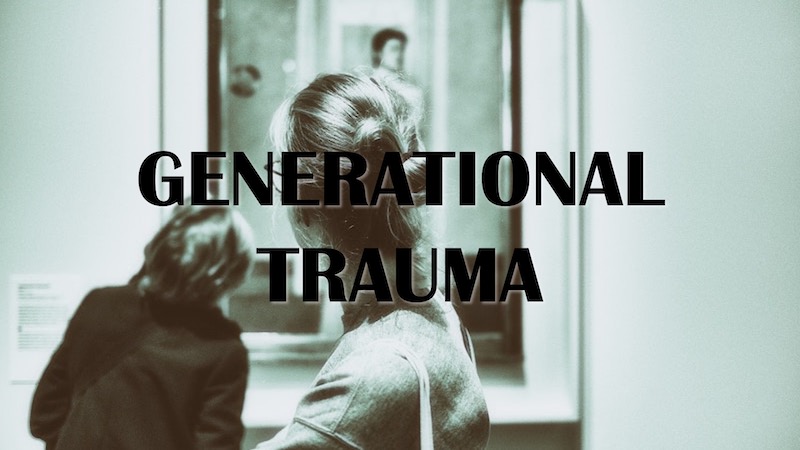What is your family narrative?
- 23 September 2021
- Posted by: Michael H Hallett
- Category: Generational trauma ,

I recently learned that in 1922 my great-grandfather was jailed for six months for tax fraud, in relation to the hotel where he was the publican. This might seem like a small and perhaps a little unsavoury footnote to my family history. Instead, I realised with a flash that this was perhaps the key event in shaping my family narrative.
A family narrative is the collection of stories, anecdotes, events, and impressions through which we assemble a framework for understanding our past.
What is a family narrative?
A family narrative is the collection of stories, anecdotes, events, and impressions through which we assemble a framework for understanding our past. It’s a huge stream of data points, more unconscious than conscious, that mould our thoughts, feelings, beliefs, and behaviours.
Our family narrative is the why of why our family is the way it is. Why it made the decisions it made. Why people changed jobs, moved towns, emigrated. Why some relationships and connections survived when others didn’t.
In the best-selling The Architect of Desire, Suzannah Lessard unpicks the narrative of her own family, dominated by the excesses, murder and scandalous trial of her great-grandfather, the architect Stanford White.
Lessard describes her great-grandmother, Stanford’s wife, as “oddly without narrative in our family life.” This sense of people suspended in emptiness, in silence, in a void, indicates the presence of shame. From this void, far-reaching decisions are made, yet the forces that shaped those decisions do not reach down to us—consciously, at least.
Consequently, we get “lost in the fanfare of minor myths” about our family. We understand its trivial aspects while being oblivious of the overriding tectonic forces at work.
“Smoking mixture”
Lessard writes that “mention of my great-grandfather—especially in public, unexpectedly—could jolt my system, disorienting me, blowing out my circuits with a horrible, smoking mixture of pride and shame.”
I experienced that same jolt, the burning and blowing of a fuse, that “smoking mixture” she so eloquently describes when I learned about my great-grandfather’s trial. In the following days, insights tumbled out. Like Lessard, I found “the family melodrama… was untrue”.
As I adjusted my perception to accommodate this revelation, something bothered me about the dates. The trial at the Old Bailey was in mid-September 1922. With a spine-tingling, skin-crawling sensation, I realised my mother would have been conceived about a week before the trial.
This is generational trauma territory.
Fight or flight
At the 2021 Intergenerational Trauma Conference, Peter Levine described how some children of Holocaust survivors could smell burning human flesh.
Chemically, this happens through a malfunction of the fight-or-flight mechanism. Too much adrenaline and too little of its balancing opposite, cortisol. Caught in a situation where neither fight or flight is possible, we enter a third state, freeze, where the experience of danger cannot be processed and cleared.
The result is Post-Traumatic Stress Disorder, which can be genetically transmitted from one generation to another.
A study of pregnant women who were in New York City on 9/11 showed that they had lower than average levels of cortisol—and higher than average levels of PTSD. That traumatic chemical imbalance would have been transmitted to their children just as the Holocaust survivors transmitted the smell of burning flesh.
My grandmother, young and impressionable, was caught in the fallout of my great-grandfather’s trial. She conceived a child just as shame, guilt, and fear consumed the family. That traumatic experience, along with negative beliefs around money, were transmitted to my mother, who transmitted them to me.
This critical information was missing from my family narrative all my life. In fact, the news arrived exactly on the 99th anniversary of the trial.
What is your family’s narrative?
Which brings us to a question: what’s your family narrative? Or, more to the point, what is there about your family that you don’t know? We don’t know what we don’t know.
Suzannah Lessard writes that there was “Something about our family that we needed to know.” Every family has its mysteries, its secrets, its rattling skeletons. Keep digging and they will come to light.
Next steps
For further resources on generational trauma, both free and paid, please click on this image.
Photo: The Castle Hotel, Eltham, circa 1922 (public domain)

